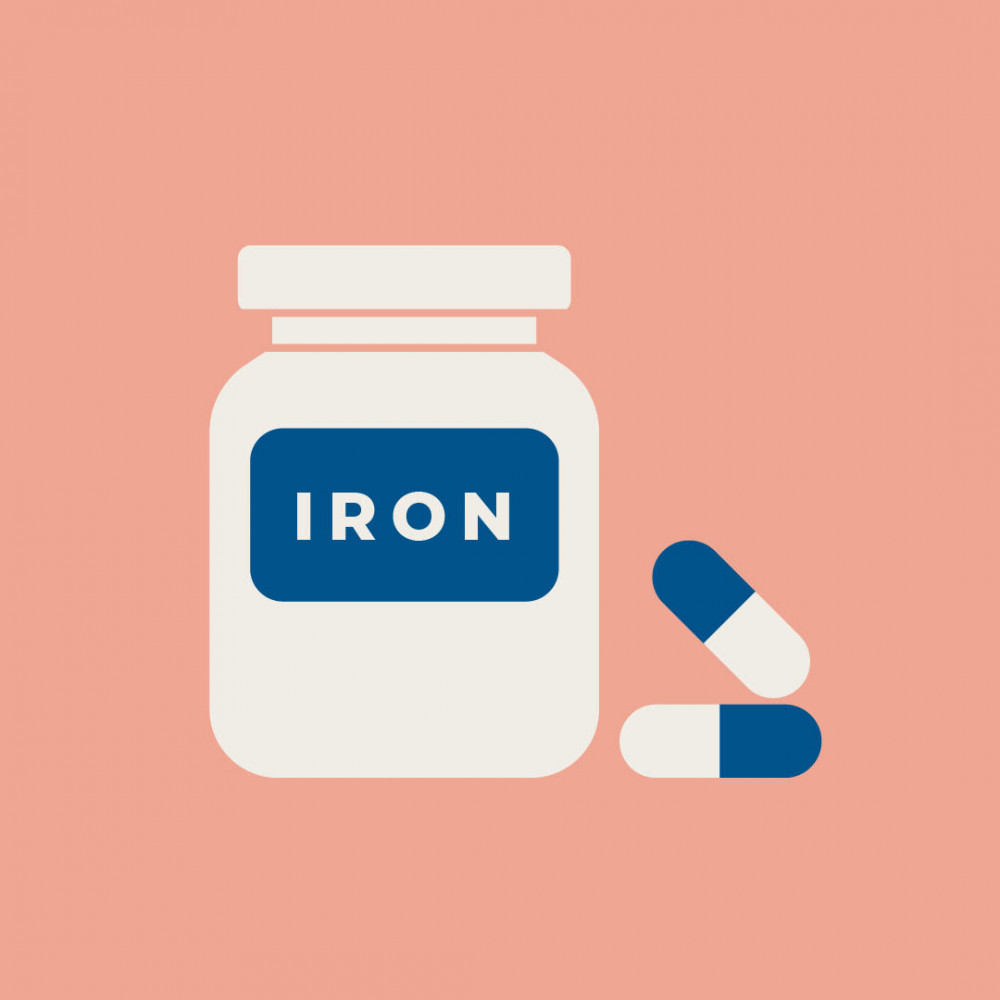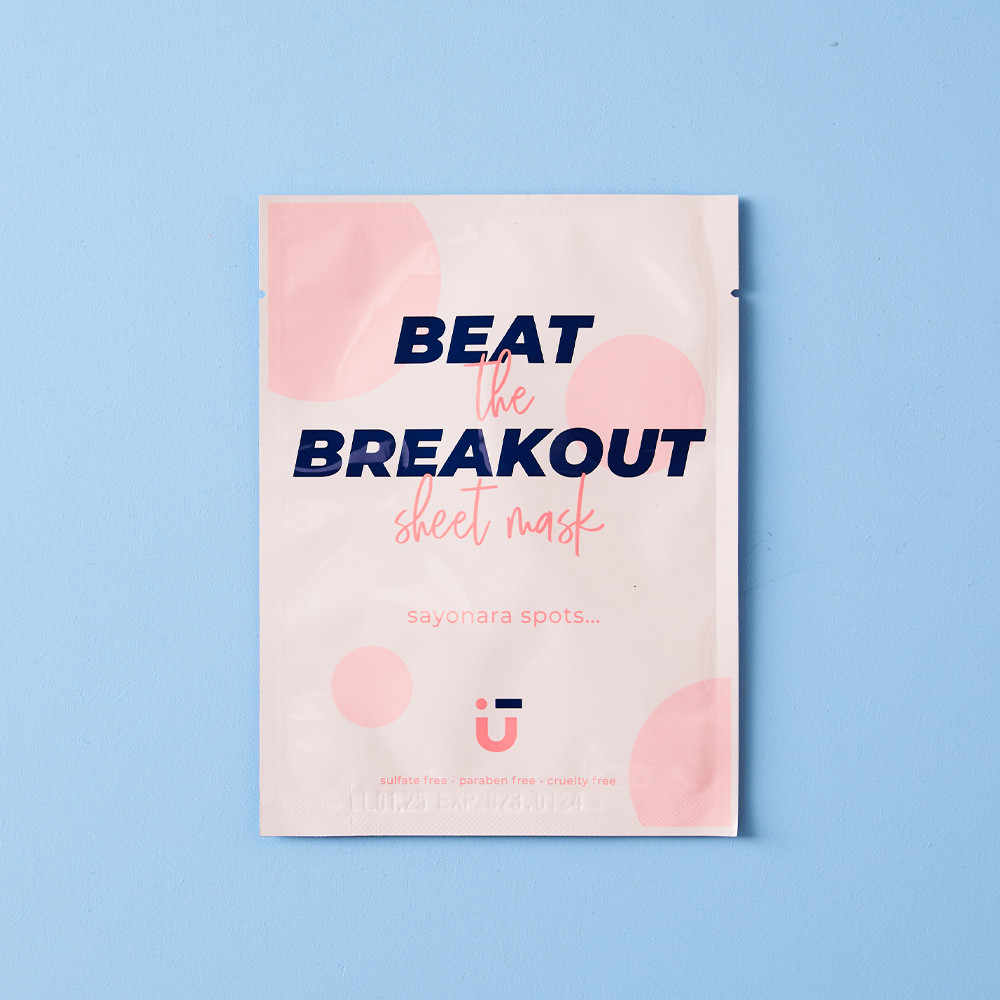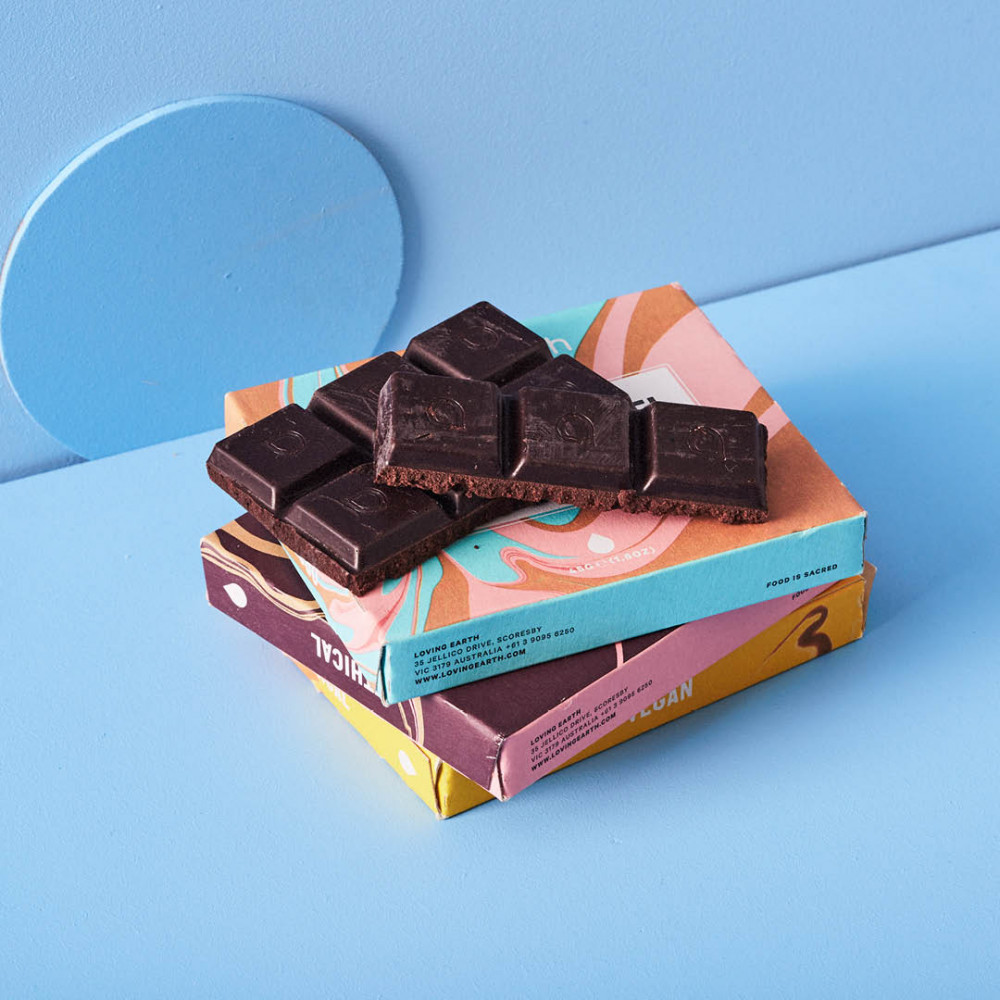Tiredness, pale skin, shortness of breath, dizziness, rapid heartbeat, irritability, trouble concentrating, insomnia, a craving for ice (the frozen water kind)... If these symptoms sound familiar, you may be suffering from a condition known as anaemia. It’s the most common blood disorder – in fact a 2015 article on the medical journal The Lancet suggests around one-third of the world’s population has a form of anaemia.
Anaemia happens when there is a lack of red blood cells in the body, which leads to reduced oxygen flow to the organs, and the resulting list of symptoms described above. By far the most common type of anaemia is Iron-deficiency anaemia.
So why might your iron levels be lower than a rapper’s pants? Well, as with most medical conditions, the possible causes are manifold. A poorly managed diet is a common contributor, but also in play are absorption issues, hormonal disorders, certain prescription drugs, various chronic diseases and energy-sapping life events such as puberty and pregnancy. But one of the most common causes is blood loss, and that’s where our friend the period comes in.
Blood loss due to heavy periods, AKA menorrhagia, has a pernicious effect. It slowly reduces the body’s store of iron and symptoms kick in once they reach a critical level. If you’re wondering how heavy ‘heavy’ is, menorrhagia is characterised by a period that soaks at least one pad or tampon per hour for more than two hours; a need to use double sanitary protection; and/or a need to wake up to change a pad during the night. You might also pass large blood clots (bigger than a 10 cent piece) or have periods that last for more than a week.
Talk to your doctor if you think you may be anaemic. It could be as simple as making sure you eat food from certain food groups on a regular basis, including dairy, lean meats, nuts and legumes, fresh fruits and vegetables. But if you can’t get enough iron from your diet – say you are vegan, have menorrhagia, or both – you’ll need to take a supplement to stay healthy. In extreme cases, an iron transfusion may be necessary. Your doctor will also be able to help address the issue of excessive bleeding.
Oh, and don’t self diagnose! The human body isn’t very good at excreting iron and too much of it will create its own set of problems. Only take iron supplements if your doctor advises it.





